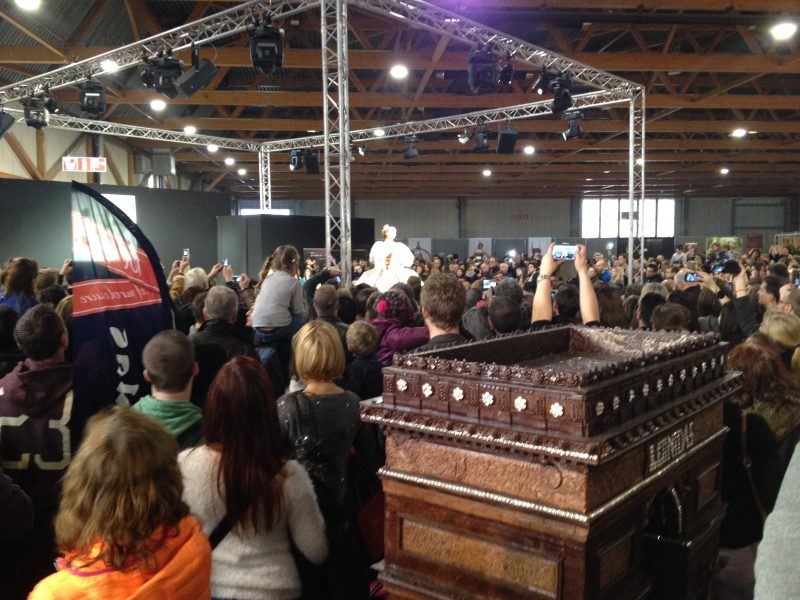Mercedes-Benz Fashion Week Madrid 2015
MBFWM 2015 has come to an end. The Madrid Fashion Week, which started on the 6th of February, has been a nonstop comings and goings of some of the best Spanish designers. Some Spanish celebrities didn’t want to miss out on this event, and even Canadian singer Michael Bublé and his wife, Luisana Lopilato, also…









